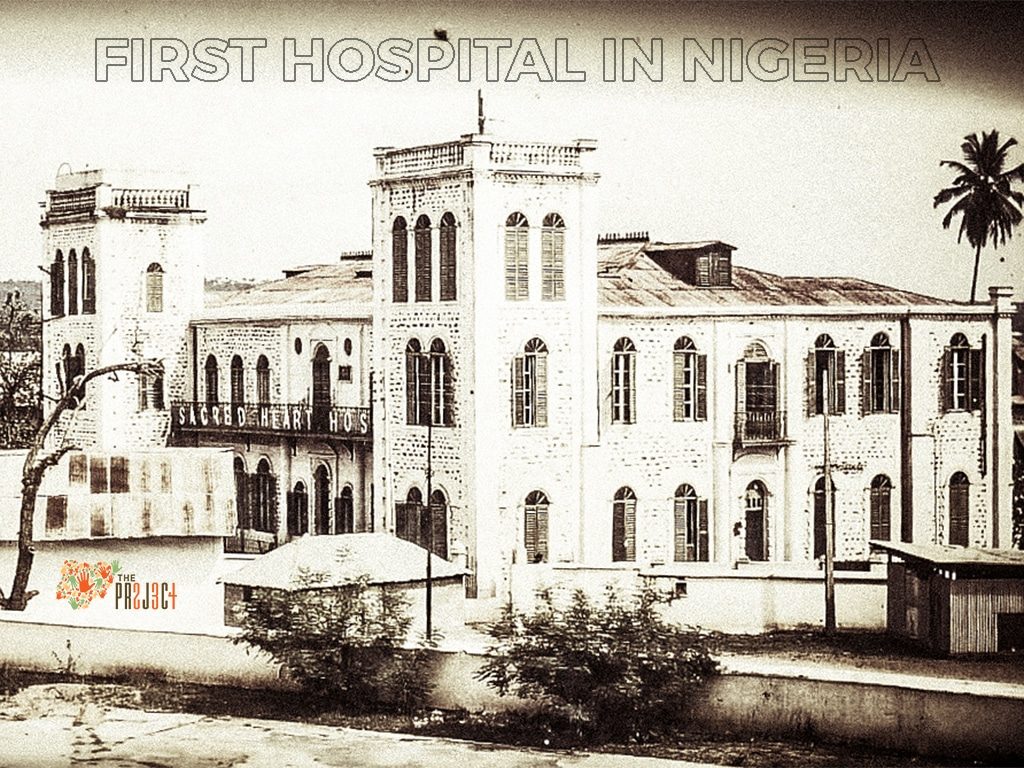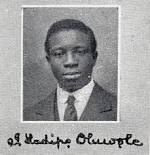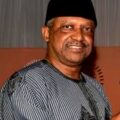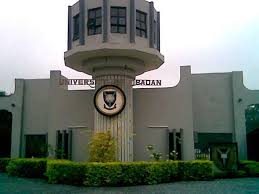Public health has been defined by the world health organization as “the science and art of preventing disease, prolonging life and promoting human health through organized efforts and informed choices of society, organizations, public and private, communities and individuals”. Efforts to promote health and prevent disease were undertaken by the earliest civilizations. The perceived importance of public health has varied over time and between varied societies. Different models of public health existed before the 20th century, and some had more influence in certain periods than others. In pre-explorers and pre-western trader’s Nigeria, traditional medicine was the system of health care delivery. Traditional healing and medical practices included herbalists, divine healers, soothsayers, midwives, spiritualists, and bone-setters.
The first record of modern medical services in Nigeria was during the various European expeditions in the early-to mid-nineteenth century. The earlier explorations of Mungo Park and Richard Lander were seriously hampered by disease. In the expedition of 1854, Dr. Baikie introduced the use of quinine, which greatly decreased mortality and morbidity among the expeditioners. As Nigerians gained western education facilitated by Christian missionaries, very brilliant students among them opted to study medicine which at that time was only possible beyond the shores of the colony. One of them was the son of an Anglican bishop named Isaac Oluwole, the sacrifices and exemplary conduct of Dr. Isaac Ladipo Oluwole one of the first indigenous doctors Nigeria produced earned him the title Father of Public health in Nigeria.
10 Facts About Isaac Ladipo Oluwole
- Isaac Ladipo Oluwole was born around 1892, it was the year that. Ellis Island first opened to allow European immigrants into the United States. Oluwole was the son of the Anglican bishop Isaac Oluwole and Abigal Johnson, a music teacher.
- He was a pioneer student of King’s College which was founded on 20 September 1909 with 10 students on its original site at Lagos Island and was the first Senior Prefect of the School.
- He studied medicine at the University of Glasgow in 1913 and graduated with MB, ChB in 1918 after a few years, he returned to Glasgow to take his DPH. The University of Glasgow has provided education in public health since 1839 and has offered a diploma in public health since the early 20th century.
- He was racially abused as a black medical student at the University of Glasgow and was referred to as the “Darkness visible” after the phrase from Milton’s Paradise Lost. Racism in English Universities was very common during this period. A study into thousands of donations received by the University of Glasgow in the 18th and 19th Centuries revealed that some were linked to slave trade profits.
- He established a boys scouts troops in 1923; the troop received the Prince of Wales when he visited Abeokuta. Abeokuta was originally inhabited by the Egba people who found refuge at the Olumo Rock during inter-tribal wars in the 19th century.
- In 1925, he became the first African assistant Medical Officer of Health in Lagos
- He founded the first School of Hygiene in Nigeria, at Yaba, Lagos, providing training to sanitary inspectors from all parts of Nigeria, He also set up the West African board of the Royal Society of Health that became the foundation of standards of public health in Nigeria
- Oluwole is credited with reclaiming swampy islands to aid in malaria control and built a new abattoir to improve food hygiene. He also introduced regular sanitary inspections and vaccinations of children
- He started the first school health services in Lagos in 1925 and through his efforts; the Lagos Town Council established the Massey dispensary in 1926. A department of antenatal and child welfare services was created to be part of the new dispensary.
- In 1940 Oluwole was awarded the Order of the British Empire (OBE). When he died in 1953 he was recognized as the father of public health in Nigeria.






